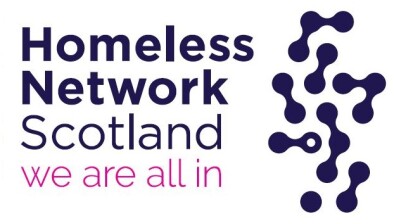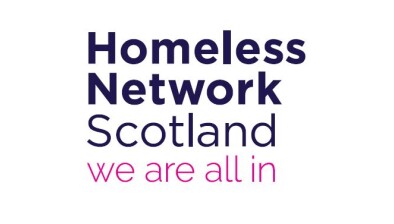Gavin Yates: The housing market is broken… we should be careful how we fix it

Gavin Yates
Homeless Action Scotland CEO Gavin Yates provides his take on this week’s Programme for Government, in particular the proposals for rent controls.
The Scottish Government’s Programme for Government announced recently had many eye-catching headlines.
As usual, the push for independence was the biggest of the big-ticket items along with pledges around the NHS, the establishment of a National Care Service, childcare and climate change.
Exciting stuff, but for those of us working around housing and homelessness there were some other announcements that did more than just pique an interest.
The welcome announcement of a target for 110,000 affordable homes by 2032 – with 70% socially rented was good to see. As was the confirmation of £50m to ‘end homelessness’. Further announcements on energy efficiency were also tabled and the response from the sector was overall pretty positive.
As part of the First Minister’s speech was the well-trailed pledge to publish a strategy for the rented sector – committing to ‘an effective system of national rent controls and measures to strengthen tenants’ rights’.
That sounds great, right? In our capital city rents are out of control and no way have average salaries kept pace. It’s time for something to be done and this certainly sounds like something.
I – like many others – believe that the status quo is not an option but before we get too excited about this particular announcement we really need to get to the detail and ensure that we don’t make the situation even worse.
One of Homeless Action Scotland’s great academic associates is Professor Eoin O’Sullivan from Trinity College in Dublin. Few folks have the knowledge, and crucially the passion, to learn and share their learning about homelessness and housing than Eoin. When he came to Edinburgh to speak at our conference he was very complimentary about Scotland and many of the things the Scottish Government were trying to do. He very pointedly made sure he wasn’t going to come to Scotland and critique what we were doing. However, he did make it clear what we shouldn’t do.
He gave a detailed examination of the Dublin Rent Pressure Zones and why they haven’t worked and in fact may have contributed to both rent increases and increases in ‘black market’ landlords.
In 2018 it was reported that rents were higher all over Ireland – well over even the Celtic Tiger peak and in Dublin they were up by 36%. This year rents will rise again with increases of 8% a real possibility.
The experience of Dublin is not a one-off and other big cities with high levels of young people have experienced a completely overcooked housing market.
Obviously, the Scottish Government – with Green co-leader Patrick Harvie newly installed as the responsible minister to lead this work on tenants’ rights don’t have to make the same mistakes that others have made. He can forge a new path. The question is which path will work the most effectively?
The main issue with caps is that they can be broken by front-loading. If you say you will have a policy of capping rents by more than say 2.5% per annum starting say next April, how can you stop landlords making increases before any cap comes in? This is what happened in Dublin. Also, will the cap itself become a self-perpetuating spiral?
Also when housing is so scarce, there will always be those so desperate to get housed/jump the queue that they will be willing to pay just a bit more than someone else leading to an unregulated sector of the market.
Mr Harvie is already thinking outside of this particular box and recently told The i-newspaper that a system of rents being tied to average wages was a possibility. There was no further detail of how this might be achieved.
Mr Harvie in the same article talked about the Netherlands where 75% of tenants rent through housing associations at a maximum of around 750 euros per month.
We await the full detail of these proposals and look forward to actively engaging with them. However, a word of warning – if this stuff was easy it would have already been done. The Scottish Government passed legislation to introduce Rent Pressure Zones in 2017 but so far not one council has used the law and established one.
I would contend that it is not legislation that necessarily holds back fairer rents but a broken market with insufficient stock which leads to significant rental inflation. The best way to decrease private sector rents is for the socially rented sector to expand quickly and at scale. We would reach a tipping point that the Private Rented Sector would have to reduce rents to remain competitive.
So we come back to the opening promise in the Programme for Government – will the 110,000 homes – 70% for social rent be enough? And crucially can we wait as a nation until 2032?
Like the proposals on rent controls, the devil is – as always – in the detail.






